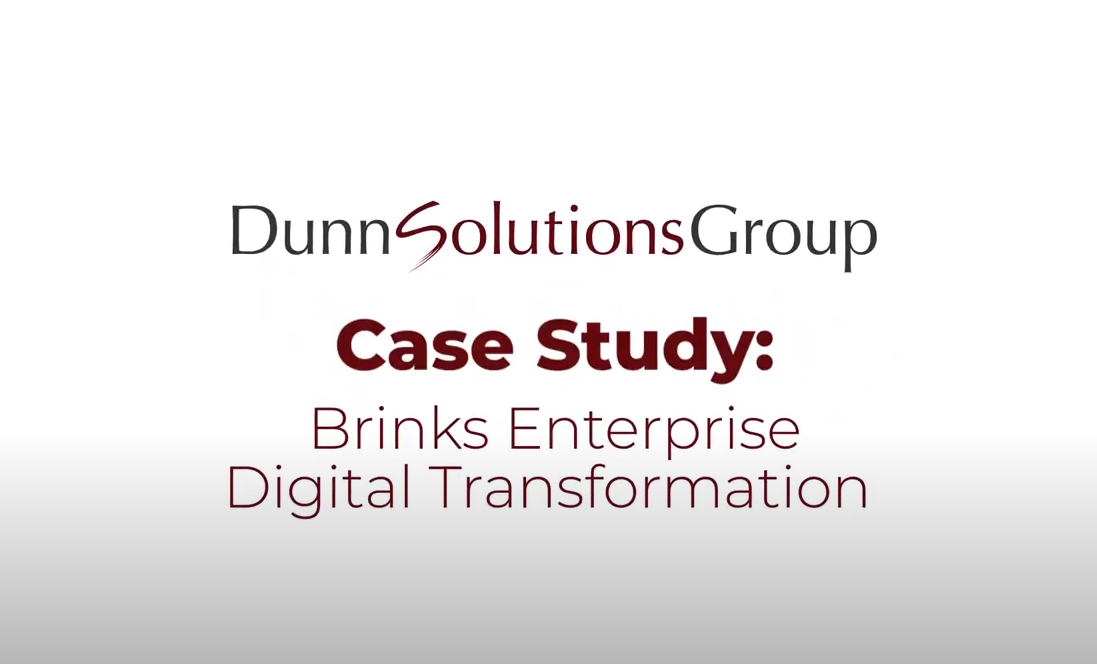Students will learn to,
AZ-204: Implement Azure App Service web apps
AZ-204: Implement Azure Functions
AZ-204: Develop solutions that use Blob storage
AZ-204: Develop solutions that use Azure Cosmos DB
AZ-204: Implement containerized solutions
AZ-204: Implement user authentication and authorization
AZ-204: Implement secure Azure solutions
AZ-204: Implement API Management
AZ-204: Develop event-based solutions
AZ-204: Develop message-based solutions
AZ-204: Troubleshoot solutions by using Application Insights
AZ-204: Implement caching for solutions
Students in this course are interested in Azure development or in passing the Microsoft Azure Developer Associate certification exam.
- AZ-204: Implement Azure App Service web apps
- Explore Azure App Service
- Configure web app settings
- Scale apps in Azure App Service
- Explore Azure App Service deployment slots
- AZ-204: Implement Azure Functions
- Explore Azure Functions
- Develop Azure Functions
- AZ-204: Develop solutions that use Blob storage
- Explore Azure Blob storage
- Manage the Azure Blob storage lifecycle
- Work with Azure Blob storage
- AZ-204: Develop solutions that use Azure Cosmos DB
- Explore Azure Cosmos DB
- Work with Azure Cosmos DB
- AZ-204: Implement containerized solutions
- Manage container images in Azure Container Registry
- Run container images in Azure Container Instances
- Implement Azure Container Apps
- AZ-204: Implement user authentication and authorization
- Explore the Microsoft identity platform
- Implement authentication by using the Microsoft Authentication Library
- Implement shared access signatures
- Explore Microsoft Graph
- AZ-204: Implement secure Azure solutions
- Implement Azure Key Vault
- Implement managed identities
- Implement Azure App Configuration
- AZ-204: Implement API Management
- Explore API Management
- AZ-204: Develop event-based solutions
- Explore Azure Event Grid
- Explore Azure Event Hubs
- AZ-204: Develop message-based solutions
- Discover Azure message queues
- AZ-204: Troubleshoot solutions by using Application Insights
- Monitor app performance
- AZ-204: Implement caching for solutions
- Develop for Azure Cache for Redis
- Develop for storage on CDNs
Course is based on software release:
AZ-204T00
Course notes and announcements:
Students will learn how to implement Azure compute solutions, create Azure Functions, implement and manage web apps, develop solutions utilizing Azure storage, implement authentication and authorization, and secure their solutions by using KeyVault and Managed Identities. Students will also learn how to connect to and consume Azure services and third-party services, and include event- and message-based models in their solutions. The course also covers monitoring, troubleshooting, and optimizing Azure solutions.
RELATED CERTIFICATIONS:
Microsoft Certified: Azure Developer Associate
Follow-On Courses:
None
Training Exclusives
This course comes with extended access to the following benefits:
30 days of practice labs
12 months of 24x7 mentoring
12 months access to class recordings
12 months of unlimited retakes
Digital Courseware
* Terms and conditions may apply.
Live Virtual:
Get engaging and impactful live, instructor-led training, regardless of your location.
Our Virtual Classroom Live online training format combines premium skills development technologies and our industry-leading instructors, content, exercises and peer collaboration to ensure that you get the highest quality professional development experience possible. Gain the skills and expertise that matter from the convenience of your home, work or wherever you have an Internet connection.
Engage with your instructor and fellow students via a learning platform and course material designed to ensure a stimulating and productive skills development experience.
Choose from sessions across a variety of time zones for training options that suit your schedule. Save time, money and effort without sacrificing learning quality by accessing our expert-led online training from the convenience of your home, office or anywhere with an Internet connection.
Attend from your PC, Mac or any iOS/Android tablet or smartphone. Connect with the class through your device audio or via toll-free phone number†, depending on available technologies and your interaction preferences.
Not finding any suitable dates? Contact us for additional available dates: education@kaartech.com
Exclusive – This course teaches developers how to create end-to-end solutions in Microsoft Azure.



